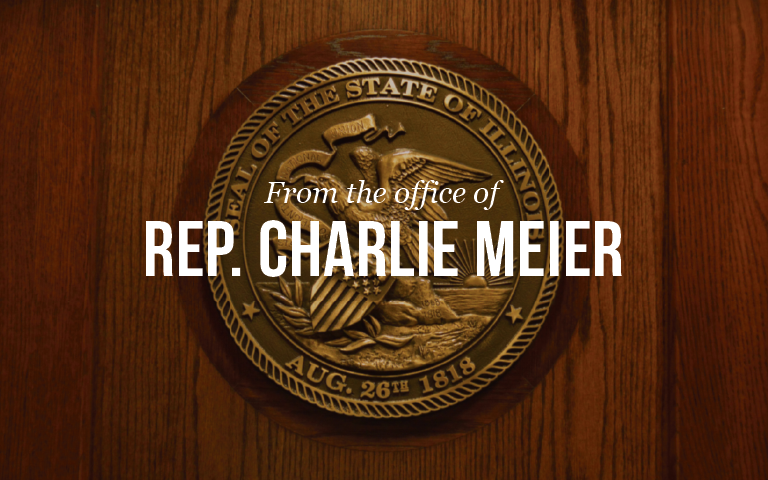Throughout my time in Springfield serving southern Illinois and portions of the Metro-East, I have worked hard to represent the best interests of the citizens in our state that live in the care of the state, live in Community Integrated Living Arrangements, and for those developmentally disabled individuals that perform light tasks at “14c Workshops” throughout the state.
A well-intentioned, but badly flawed, bill pending in Springfield is threatening to permanently place individuals working in 14c workshops out of a job. The legislation would raise the minimum wage for these jobs to $15 per hour. The concept sounds good. The businesses that are partnering with these 14c’s are more than likely to cut off their financial support. A look at the numbers reveals that the costs associated with participating in these programs would explode to unaffordable levels.
Due to lack of data, it is difficult to determine the total fiscal impact to employers under HB 793, but using some basic assumptions we can get a preview of what the costs might look like. For example, if we assume that the estimated 3,516 14c individuals in the state work 10 hours a week at the current average wage for 14c employees ($4.15 per hour), then the cost to employers is just over $7.5 million. If HB 793 is passed and signed into law, and the wage paid to those employees reaches $15 per hour, the employer cost explodes to more than $27 million. If we take the same current average wage assumptions ($4.15 per hour) and apply it to every individual at the average rate for 25 hours of work per week, the cost to employers is a little under $19 million. But, if wages reach $15 per hour, those employers will pay a combined whopping total of more than $68.5 million. In addition to higher costs to employers, clients will be forced to pay much higher taxes on their income, and they could potentially jeopardize their Social Security Disability Insurance (SSDI) Benefits if they exceed the $13,800 annual income threshold for SSDI.
During last year’s Session, I worked to educate my fellow legislators as to the very real pitfalls in increasing the minimum wage at 14c workshops. I was successful, and I believe the programs have continued because the effort failed.
Fast-paced crowded workplaces and strange new people and new places have the tendency to scare and overwhelm certain individuals with profound disabilities.
14c clients and their families know that when they are performing their duties at the workshop that they are safe and cared for and that all of their medical and mental needs are being met. The 14cs provide the best of all worlds for clients, their families, companies, and nonprofits.
This year, advocates for the change have beefed up their messaging efforts and are once again on the cusp of passing HB 793. I’m working once again to stop the bill from passing.
The majority of the workshops I’ve talked to are either neutral or opposed to HB 793. However, they are afraid of negative consequences to their facilities and clients if they speak out.
For the sake of my friends in the developmental disability community, their families, and the dignity that comes with the work and the paycheck they receive at 14c workshops, I would ask my colleagues in the legislature to stop moving HB 793 and work with me and community partners to ensure that 14c workshop opportunities will continue to be able to operate these vital and valuable programs. Save the jobs of my friends in the DD community.
Please vote no on HB 793.
